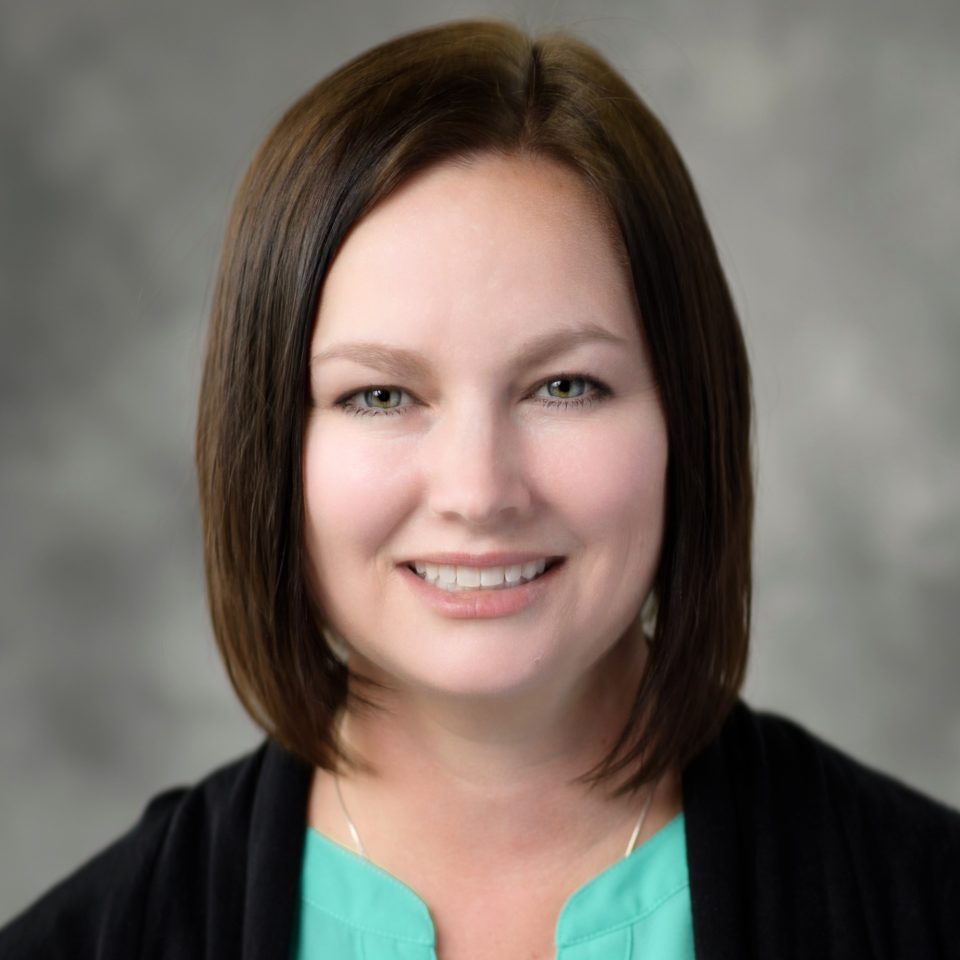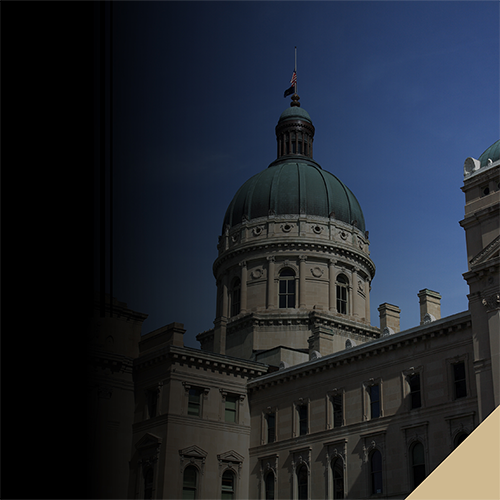The Project for Public Spaces

~ by Kara Salazar, AICP, Assistant Program Leader and Extension Specialist for Sustainable Communities, Purdue Extension, Illinois – Indiana Sea Grant
As we begin to recover from the COVID-19 pandemic, how do we re-engage community through inclusive public spaces? The Project for Public Spaces has a thought-provoking, four-part article series, A Playbook for Inclusive Placemaking. This series and many useful companion articles were written pre COVID-19 pandemic. However, their thoughtful suggestions for inclusive placemaking perhaps resonate even more strongly now.
Read the four-part series and also watch the 2020 PPS webinar, Don’t Look Back: Equity and Recovery in Public Space During COVID-19. This webinar highlights the intersection of COVID-19 recovery and public space engagement. As the weather warms and communities think about new opportunities, let’s not think about getting back to business as usual but how we can make public spaces more inclusive and accessible.
A Playbook for Inclusive Placemaking: Community Process
https://www.pps.org/article/a-playbook-for-inclusive-placemaking-community-process
Programming for Inclusion: Enhancing Equity through Public Space Activation
Inclusive by Design: Laying a Foundation for Diversity in Public Space
https://www.pps.org/article/inclusive-by-design-laying-a-foundation-for-diversity-in-public-space
Public Space Management and the Brass Tacks of Inclusive Placemaking
https://www.pps.org/article/public-space-management-and-the-nitty-gritty-of-inclusive-placemaking
Don’t Look Back: Equity and Recovery in Public Space During COVID-19 Webinar
https://www.pps.org/events/dont-look-back-equity-and-recovery-in-public-space-during-covid-19



